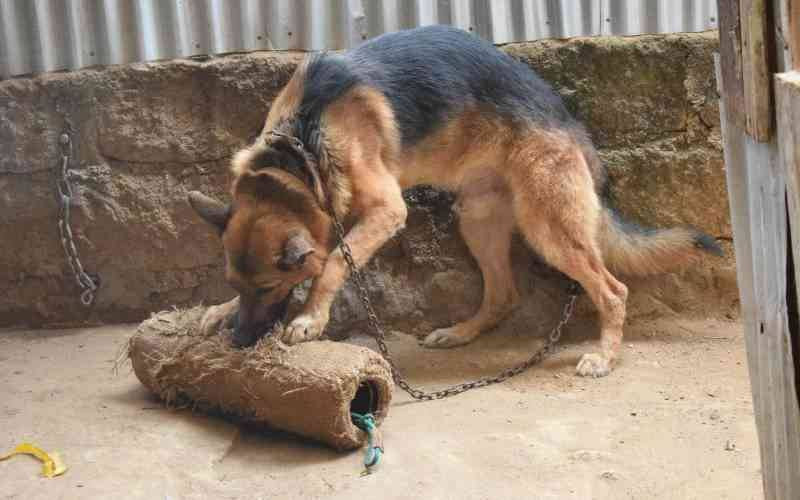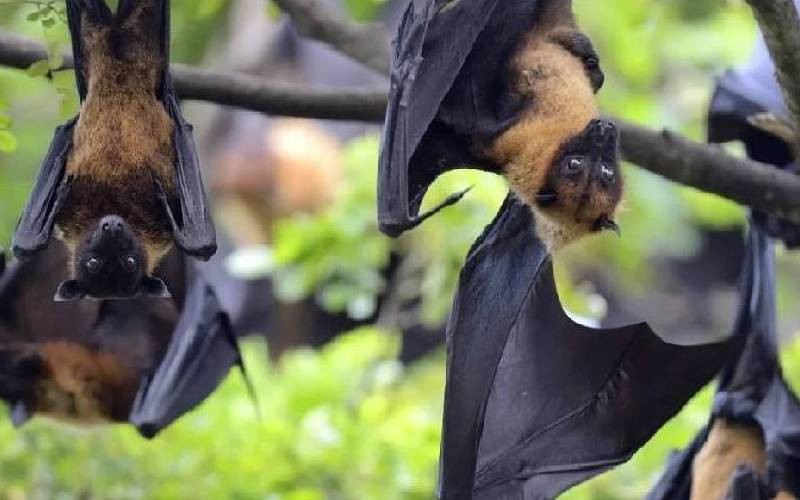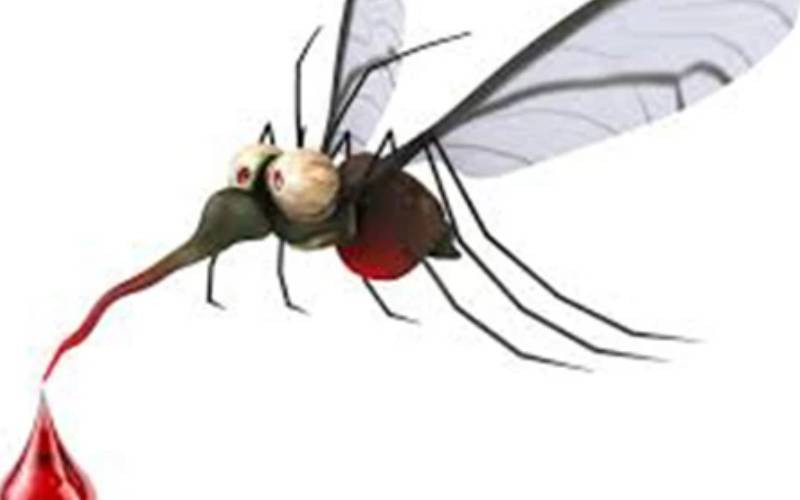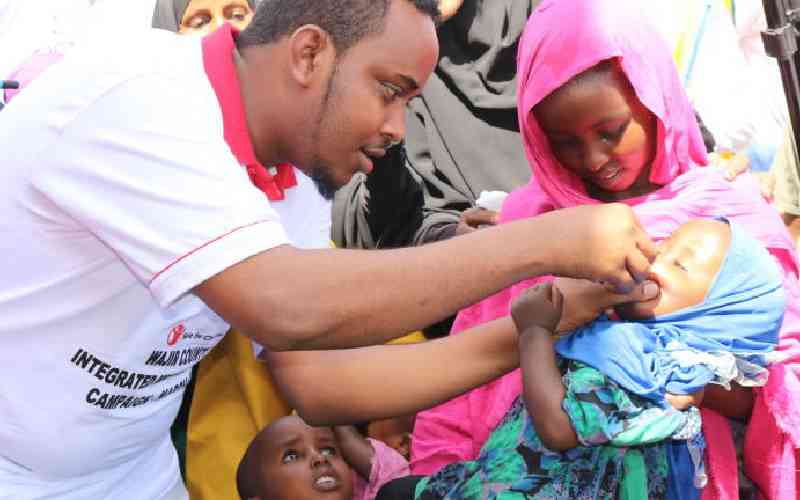
Rabies continues to pose a serious public health threat in Kenya, claiming hundreds of lives every year despite being entirely preventable through vaccination.
According to the World Organisation for Animal Health (WOAH), the disease kills an estimated 500 Kenyans annually.
With most infections caused by bites from unvaccinated dogs, animal health experts say vaccination and community outreach remain the most effective ways to control its spread.
In Kilifi County, where cases of stray and abandoned animals have been rising, the Kenya Society for the Protection and Care of Animals (KSPCA) on Tuesday has opened a new branch in Watamu to strengthen local rabies control efforts.
The launch follows a mass vaccination drive in August that saw more than 500 dogs vaccinated in partnership with the county government.
Emma Ngugi, Executive Officer of KSPCA Nairobi, said the move reflects a broader effort to make animal care accessible in growing communities.
“The launch of our Watamu branch exemplifies our commitment to enhancing animal welfare on a national level. We believe that every community deserves access to resources that protect and care for its animals. With the growing population in Watamu it is vital that we come together to help stray and domesticated animals lead healthier and happier lives,” she said.
Kenya adopted a national strategy in 2014 to eliminate dog-mediated human rabies by 2030, with the World Health Organization (WHO) estimating that the disease kills tens of thousands globally each year.
- New study maps high drug resistance in Kenya and other 13 African countries
- Revealed: Cerelac baby food contains high sugar levels
- Nipah virus revives pandemic fears, as Kenya risk termed low
Keep Reading
WHO recommends that at least 70 per cent of dogs be vaccinated annually to break transmission, but coverage across most counties remains low due to limited resources, awareness and access to veterinary care.
The Watamu branch will run regular medical camps and outreach activities, including spay and neuter programmes (animal birth control surgeries that prevent unwanted breeding), to help manage the local dog population and reduce the spread of rabies.
It also plans to expand these efforts in 2026 with more vaccination and sterilisation drives, as well as education, rescue and community outreach initiatives to help residents care for their pets.
“We plan to hold regular medical camps, not only for pets for people in need, but also for stray animals,” said Tania Harris, Chairperson of KSPCA Watamu. “A community that prioritizes the well-being of animals is likely to attract tourism and enhance its overall image. KSPCA Watamu’s efforts not only improve the lives of animals but can also lead to economic benefits for local businesses and the community as a whole.”
The Watamu centre joins other KSPCA branches in Naivasha, Nanyuki, Mombasa and Nairobi, expanding the organisation’s reach to more parts of the country.
Health authorities and animal welfare advocates say community-based interventions like these will be crucial if Kenya is to achieve its goal of eradicating rabies by 2030.
 The Standard Group Plc is a multi-media organization with investments in media
platforms spanning newspaper print
operations, television, radio broadcasting, digital and online services. The
Standard Group is recognized as a
leading multi-media house in Kenya with a key influence in matters of national
and international interest.
The Standard Group Plc is a multi-media organization with investments in media
platforms spanning newspaper print
operations, television, radio broadcasting, digital and online services. The
Standard Group is recognized as a
leading multi-media house in Kenya with a key influence in matters of national
and international interest.











